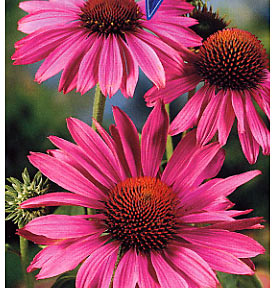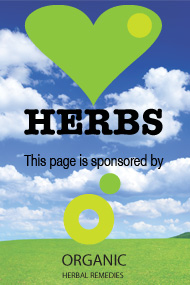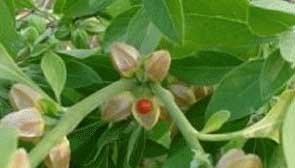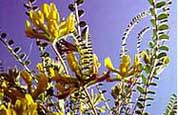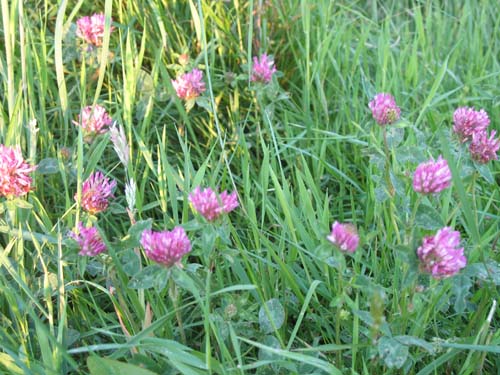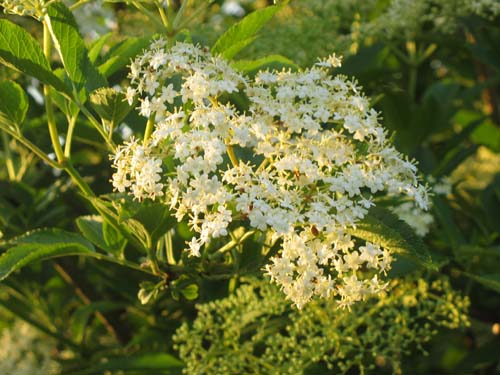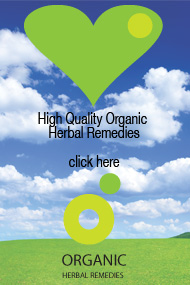Naturopathic health
Herbal Remedies FAQs
Advice on buying herbal remediesDried herbs for infusions, tinctures or pills?Infusions made from dried teas and hot water are great but you need to consume a large amount of herbal tea to generate the same health benefits as from a tincture or extract. When purchasing any herbal remedy you are generally better buying tinctures or extracts rather than capsules tablets or pills. Why tinctures not pills or capsules?Tinctures use the wisdom of traditional medicine to extract the synergistic benefits of the whole herb. Pills take a pharmaceutical approach to herbal medicine. They extract what they believe are the most important chemical compounds from a herb. They do this even though much of the research into the benefits of herbal medicines has been conducted using liquid extracts. It is difficult to source capsules and just about impossible to source pills that are organic. Organic herbs are important, not just because you can be sure that they are GM free and have never been irradiated. As powerful concentrations of the herbs active ingredients you do not want to include artificial fertilisers, herbicides and pesticides within those concentrated ingredients.Have a look at the ingredients list on a typical pill, even when claiming to be vegetarian it is likely to include ingredients such as Calcium carbonate (chalk), Microcrystalline Cellulose, Silicon Dioxide, Magnesium Stearate, Titanium Dioxide, Hydroxypropyl Methylcellulose, Stearic Acid, Iron Oxides and Copper Chlorophyllin. Not the sort of ingredients list naturopathic practitioners would recommend! A general rule suggested by naturopaths is that if you don't know what an ingredient is, then don't consume it! Capsules are not generally as bad as pills but do make sure the product is organic (Vegicap). Professional herbalists very rarely prescribe anything but tinctures. They do sometimes recommend infusions but hardly ever suggest pills or capsules as herbal remedies although they will occasionally recommend them when dietary supplements are required. Tinctures are far more 'bio-available' than pills which means that the active ingredients in the tinctures are more easily absorbed into the bloodstream. In fact, with tinctures, the body starts to absorb the health benefits straight away the moment they enter the mouth. When buying tinctures you should check the following:What is the strength of the tincture?A good quality tincture usually has a ratio of herb to alcohol of around 1:3 or higher. That means when the herb was extracted in alcohol there was one kilo of herb for every three litres of alcohol The optimum ratio does vary depending on the herb. Cheaper tinctures can have ratios as low as 1:5 or lower, watch out for this. For example, in April 2008, Boots were selling 50ml of own label Echinacea tincture for £5.99, so when first compared with Organic Herbal Remedies at £7.45 that would seem cheap. However, the Boots ratio is 1:5 while the Organic Herbal Remedies product is 1:3 so you would need about £10 worth of the Boots product to consume the same amount of the herbs active ingredients. Strength can also be given as an equivalent weight of whole fresh plant or whole dried plant. A 1:3 ratio of dried herb usually provides about 333mg of the dried herbs active compounds for every 1ml of tincture. Fresh herb tinctures generally provide less powerful concentrations (as fresh herbs contain a lot of water). As a rough generalisation a dried herb tincture will be three or four times more powerful than a fresh herb tincture. So often 1ml of tincture made from dried herb will contain the equivalent of more than 1000mg of fresh herb. This is a generalisation dependent on how the herb breaks down as it dries and some herbs, such as nettle are more effective in their fresh tincture form. Is it alcohol based?Generally it is better to use alcohol based tinctures except when there are religious reasons, young children, or other medical reasons to avoid alcohol. Alcohol is the perfect medium for extracting and storing the herbs key medicinal properties. An alternative without alcohol are glycerites based on vegetable oils. Is it based on dried or fresh herb?For most herbs it is better to create tinctures using dried herb as the water content of the herb and enzyme reactions can affect the quality of the final tincture. However, some herbs such as nettle are better extracted from the fresh plant. Are there any contraindications? Herbs are generally safe but pregnant and breast feeding women should always be extra careful with any medication. Some herbs can cause allergic reactions for the most popular herbs we list contraindications on this website via our herbal remedies link. For others check with the manufacturer What is the country of origin of the herb and where was it manufactured?As well as advising that you only use organically grown herbal tinctures, where possible you should also seek out tinctures based on locally sourced herbs and where the herb has been manufactured and bottled locally. Some of the biggest manufacturers such as Kiwiherb (New Zealand) and Bioforce (Switzerland) have tinctures with apparently high 'herb miles'. Of course not all herbs can be grown in the UK and bad weather can affect harvests but it is preferable to keep your herb miles as low as possible. |
Research homeHerbal remedies
|
|
|
|
||
|
If you're starting to move towards a healthy diet and you want to take a major step forward then a detoxification programme can make a big difference. Click on the link below to find out more. Healthy Recipes Juicing SupplementsBach Flower Herbal Acupuncture Homeopathy DetoxificationMassage Qi Gong Nutrition & Diet Iridology Tissue Salts |

[Herbal Remedies][Ailments][Naturopathy][Contact][Community][Lifestyle][Home][Research]
Sponsored by Organic Herbal Remedies - Organic Herbal Tinctures





